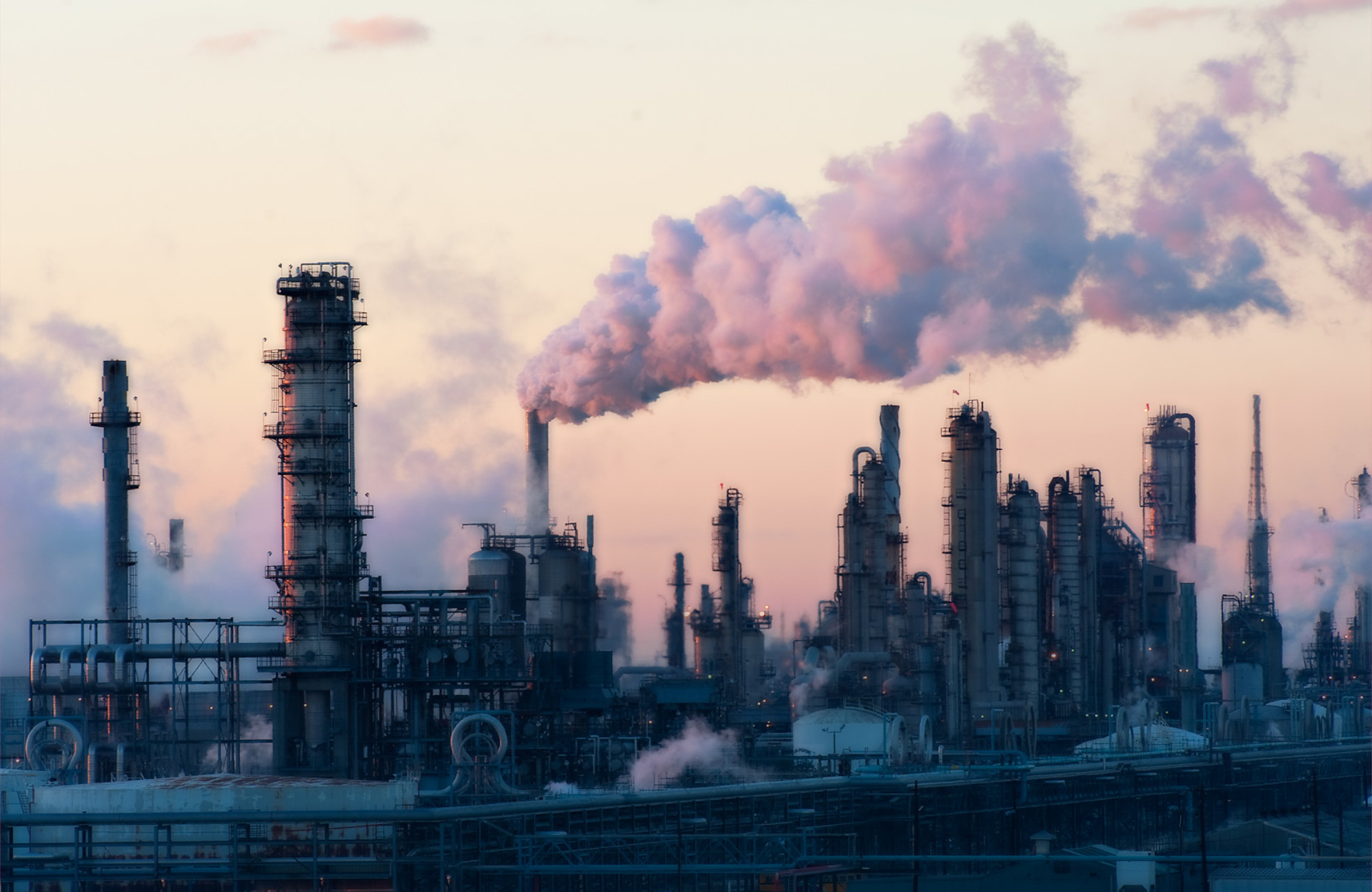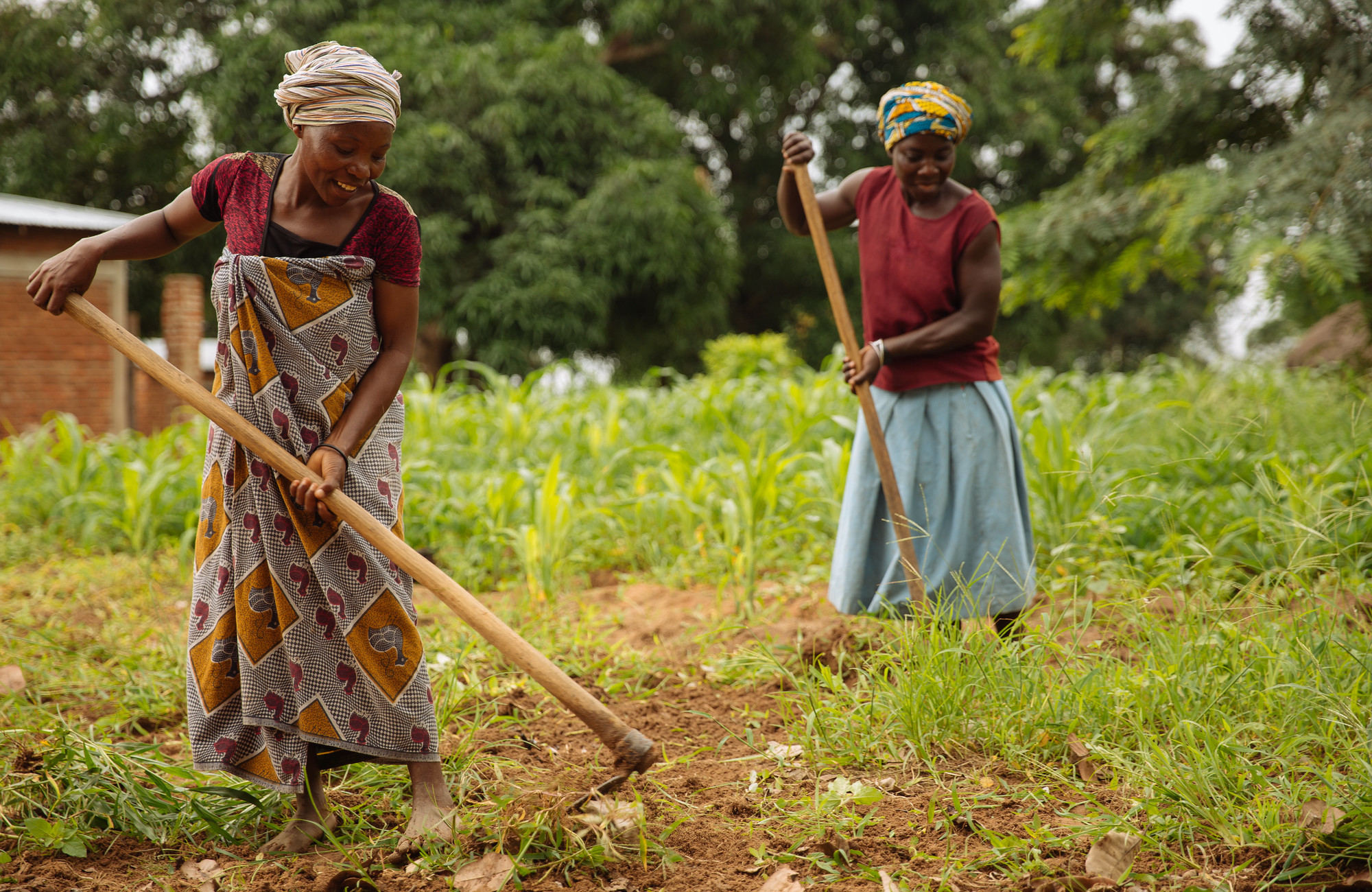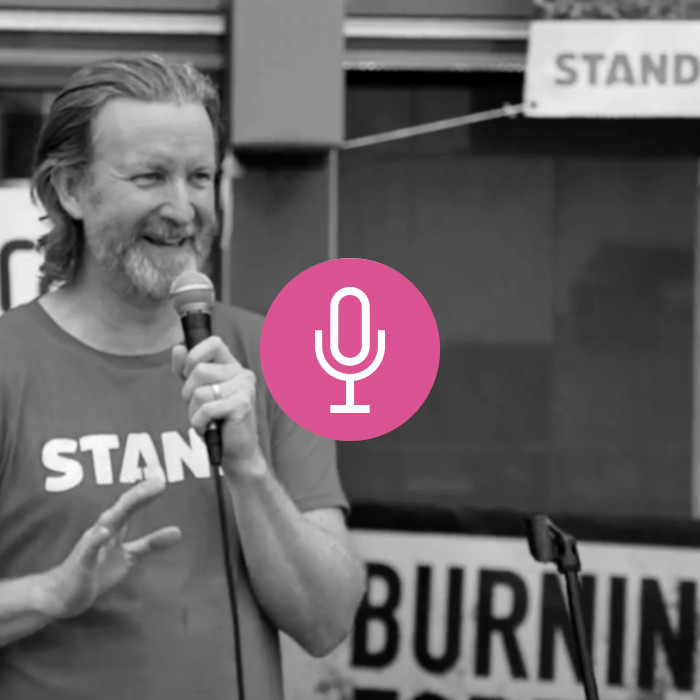Communities along the Houston Ship Channel, in Texas, are used to living against a backdrop of smoke billowing from chemical plants and refinery flares burning day and night. The Ship Channel is the largest petrochemical complex in the US, home to over 600 petrochemical plants and two of the country’s largest refineries.
Exposure to pollutants formed and emitted in the production of petrochemicals – such as benzene and formaldehyde – has long been linked to health impacts commonly reported by frontline communities, including high cancer rates, asthma and reproductive issues.
Communities faced with these impacts along the Ship Channel are disproportionately likely to be people of colour, with low incomes and limited English proficiency. Women and people with internal reproductive organs are also uniquely impacted by petrochemical pollution, which studies have linked to reproductive harms, miscarriages, preterm birth and birth defects.
The European Union is a major export destination for petrochemicals produced in the US, where it is used to make plastics. As final negotiations on a potentially ground-breaking piece of corporate accountability legislation – the Corporate Sustainability Due Diligence Directive – progress, it is vital that policymakers keep communities who suffer harm at the hands of corporate actors, like those living along the Houston Ship Channel, in mind.
The US petrochemical industry is undergoing a huge expansion, largely driven by fossil fuel companies investing in plastics production to replace markets lost in the transition to renewable energy.
Patricia Gonzalez is the Founder of the community group Caring for Pasadena Communities, who became aware of the health risks of living beside the petrochemical industry during her second pregnancy, shortly after moving to a new neighbourhood. She told Amnesty International her first pregnancy “was great”.
But during her second, “I had asthma, allergies, wheezing, trouble breathing. The doctors started asking me questions and looking at my medical history. They started putting two and two together, asking where I live, what I’m around…
“They told me it was best for health reasons to get out and move somewhere else. I was surprised. I didn’t know how [the industry] affected my health. I was very upset when I found out that we lived in a neighbourhood that meant we were susceptible to our health being harmed. It shouldn’t matter that we’re low income or minorities or people of colour. It shouldn’t be that we’re subjected to that.”
When human rights abuses and environmental harm occur across borders – with the company responsible headquartered in one state, and the harm occurring in another – it can be very difficult for victims to access justice and hold companies to account.
Take the case of two Nigerian communities which filed a lawsuit against oil multinational Shell in a London court in 2015. The 35,0000 residents of Bille and Ogale were seeking damages caused by years of oil pollution and insufficient clean-up. But Shell’s parent company – the Netherlands and UK based Royal Dutch Shell – argued that it was not responsible for the actions of its Nigeria-based subsidiary Shell Petroleum Development Company of Nigeria, despite owning 100% of its shares. The case continues to go through the courts.
With this in mind, the EU’s due diligence directive could create an important path to justice for victims. That would require companies operating in the EU to conduct human rights and environmental due diligence, meaning companies will have to assess, and then address, the human rights and environmental harm of their operations, and those of their suppliers. If they fail to do so and this leads to harm, victims must be able to hold them liable in EU courts.
The potential here is historic – enabling victims to hold companies to account for human rights harm no matter where in the world it occurs. But Amnesty International’s new report outlines glaring gaps in the initial proposals put forward by the European Commission and Council of the EU.
A major omission is that the proposals do not address the barriers victims face when they bring a case against a large corporation. High costs, lack of access to information and unjustly short limitation periods may prevent victims ever being able to bring a case in a European court.
Other loopholes exclude certain sectors from obligations, such as the defence sector and financial institutions, and put limitations on which parts of the supply chain, which human rights, and which environmental impacts companies must monitor. These issues must be addressed if the legislation is to provide justice for victims of corporate abuse.
On 1st June this year, the European Parliament finalised its position on the due diligence directive. This strengthened many of the weakness in drafts put forward by the Commission and Council, including on access to justice, but there remains a long way to go before an agreement is reached.
When Indigenous peoples, workers in garment supply chains, poor farmers, and human rights defenders confront massive corporate power and influence, the scales of justice are not balanced. As final negotiations are set to begin this month, Amnesty International calls on EU policymakers to remember the victims of corporate harm and to enact a due diligence directive which works for all rightsholders.
Hannah Storey is a Policy Advisor in Amnesty International’s Business and Human Rights team where she is focused on European corporate accountability legislation. Find her on twitter at @Hannah_e_Storey
Alysha Khambay is a Researcher/Advisor in Amnesty International’s Business and Human Rights team where she researches human rights abuses and environmental harm caused by corporate activities.
Read more:

- Opinion
- By Catarina Vieira
- 31 May, 2023






